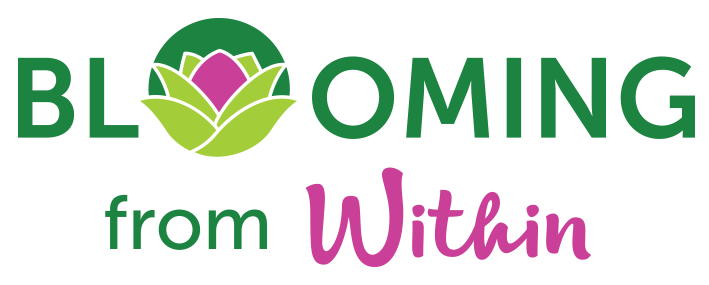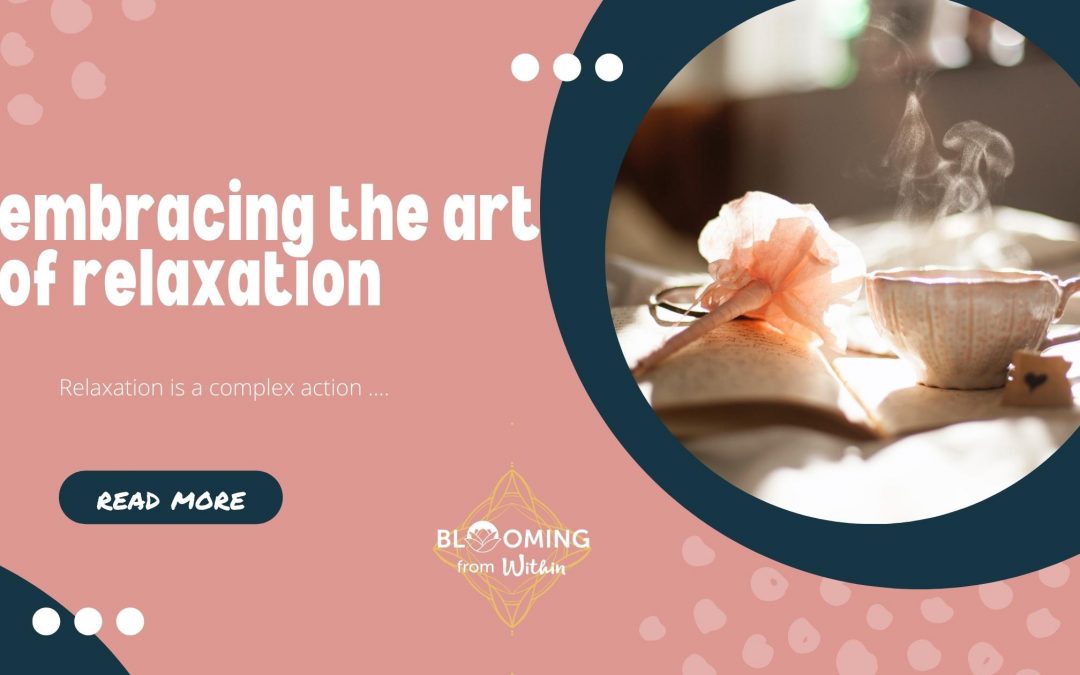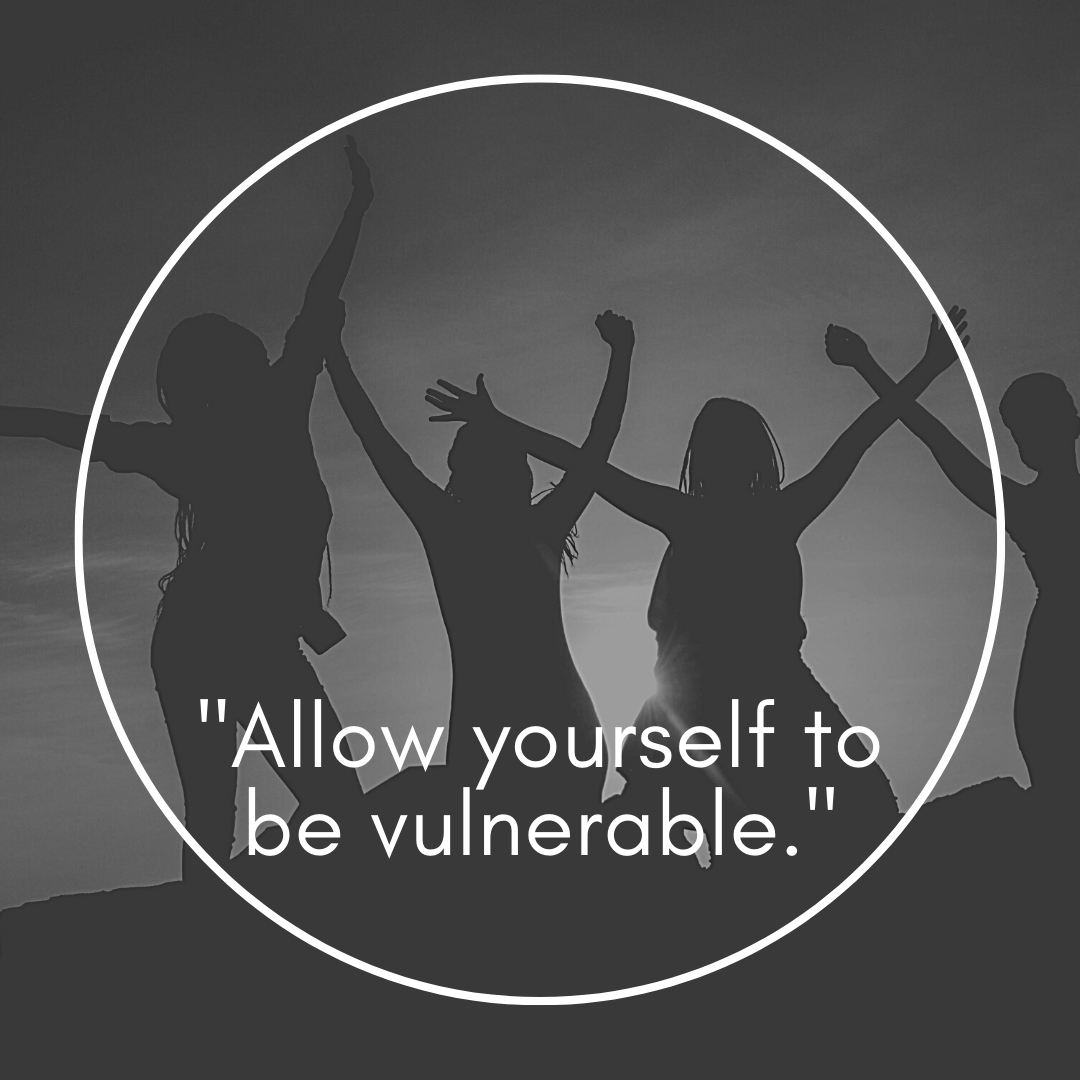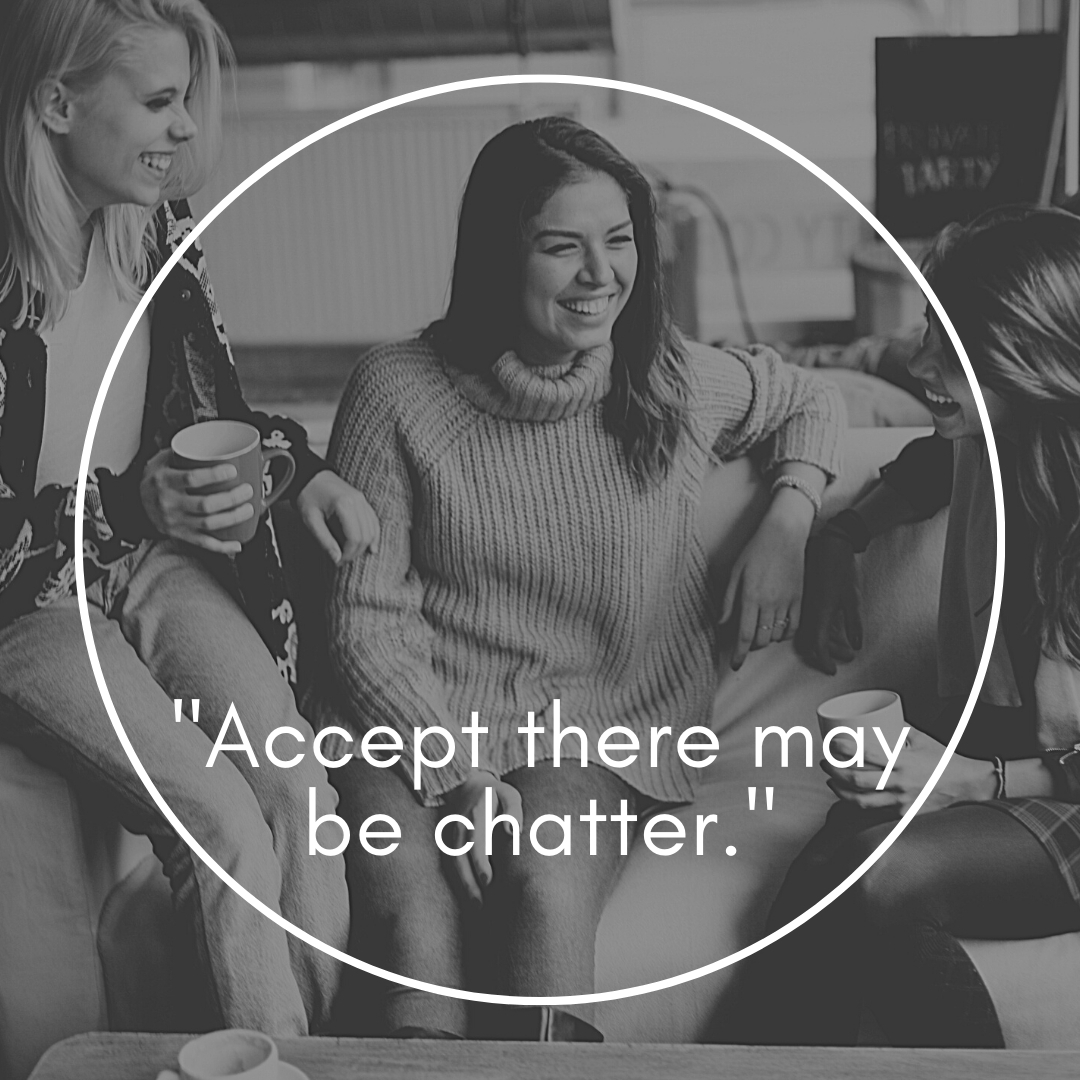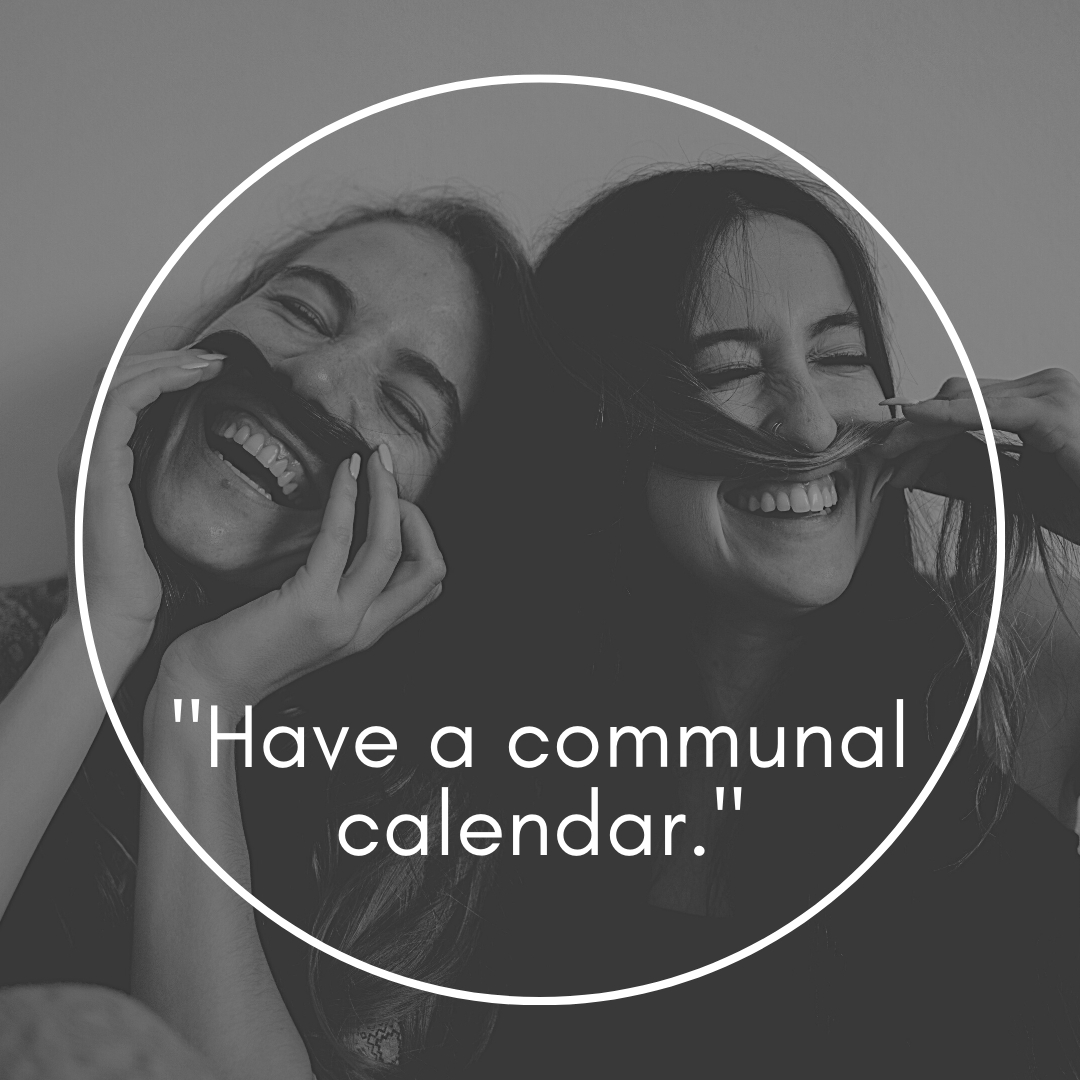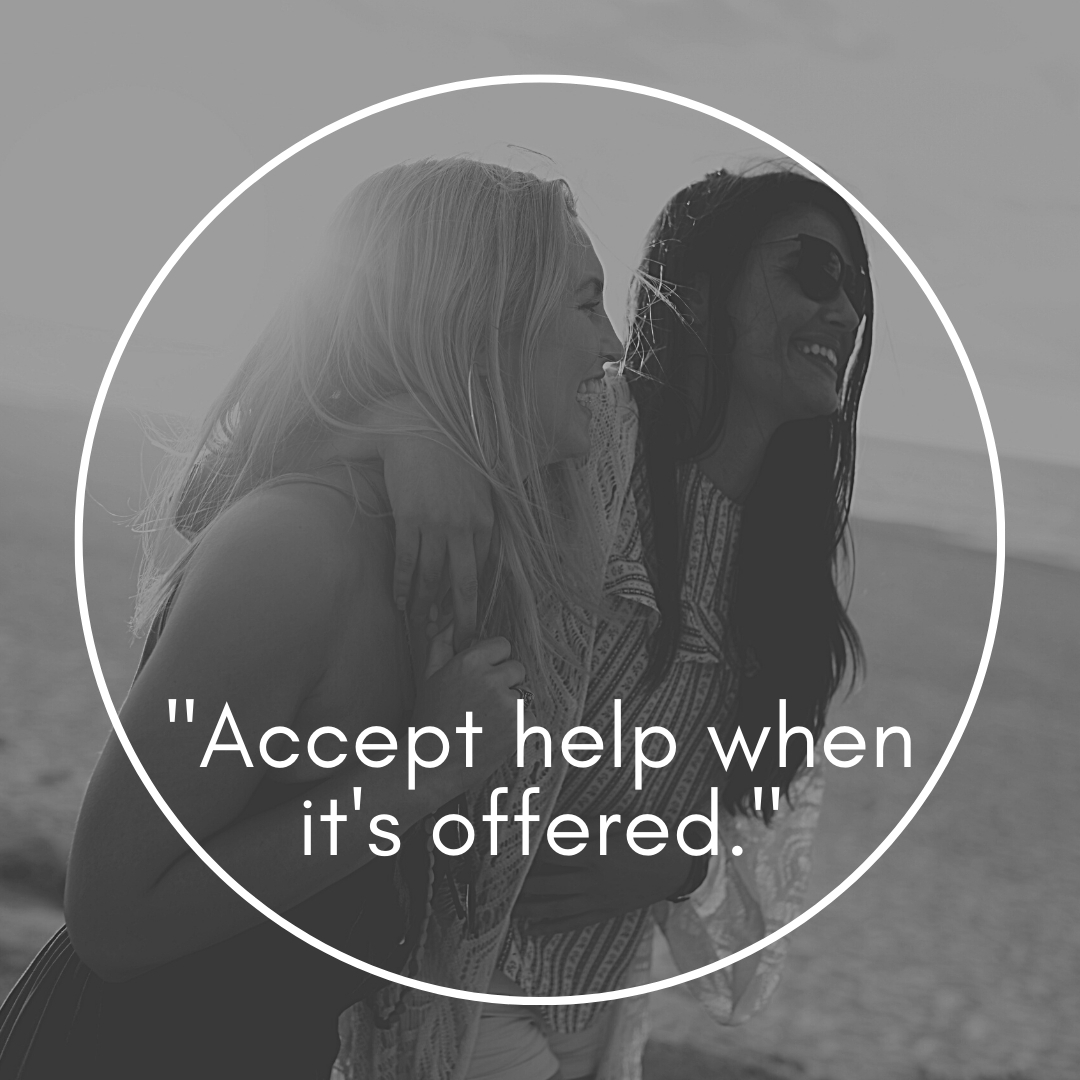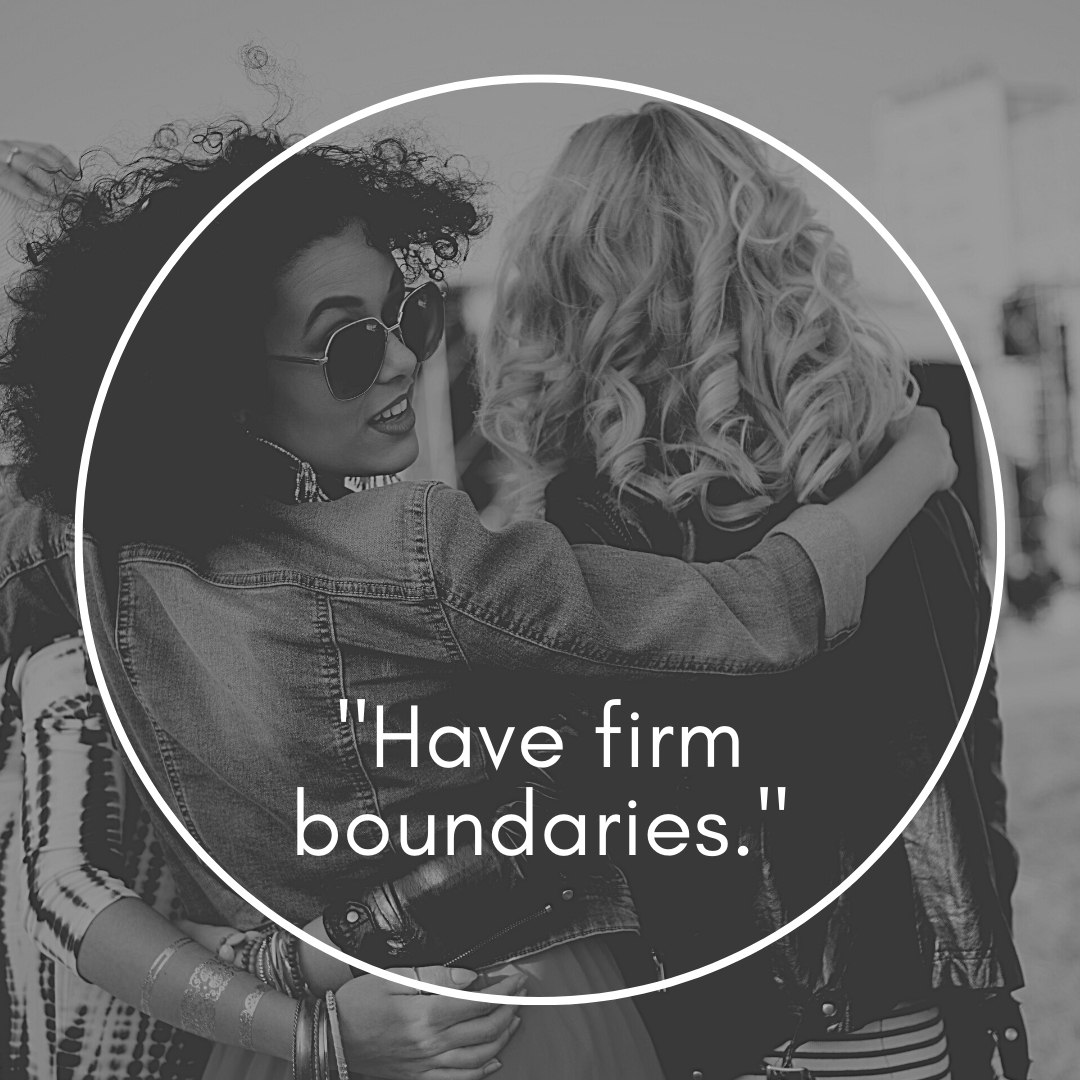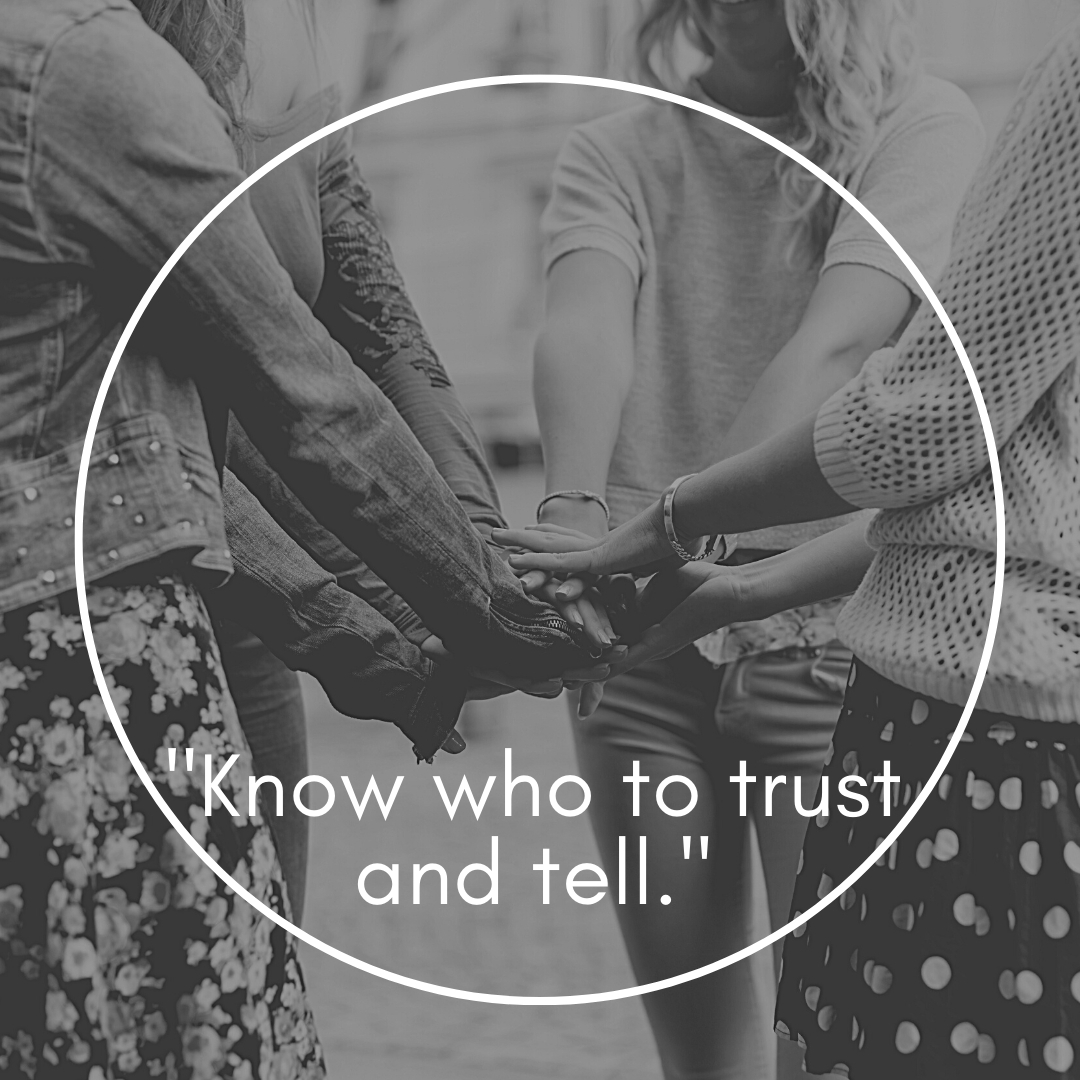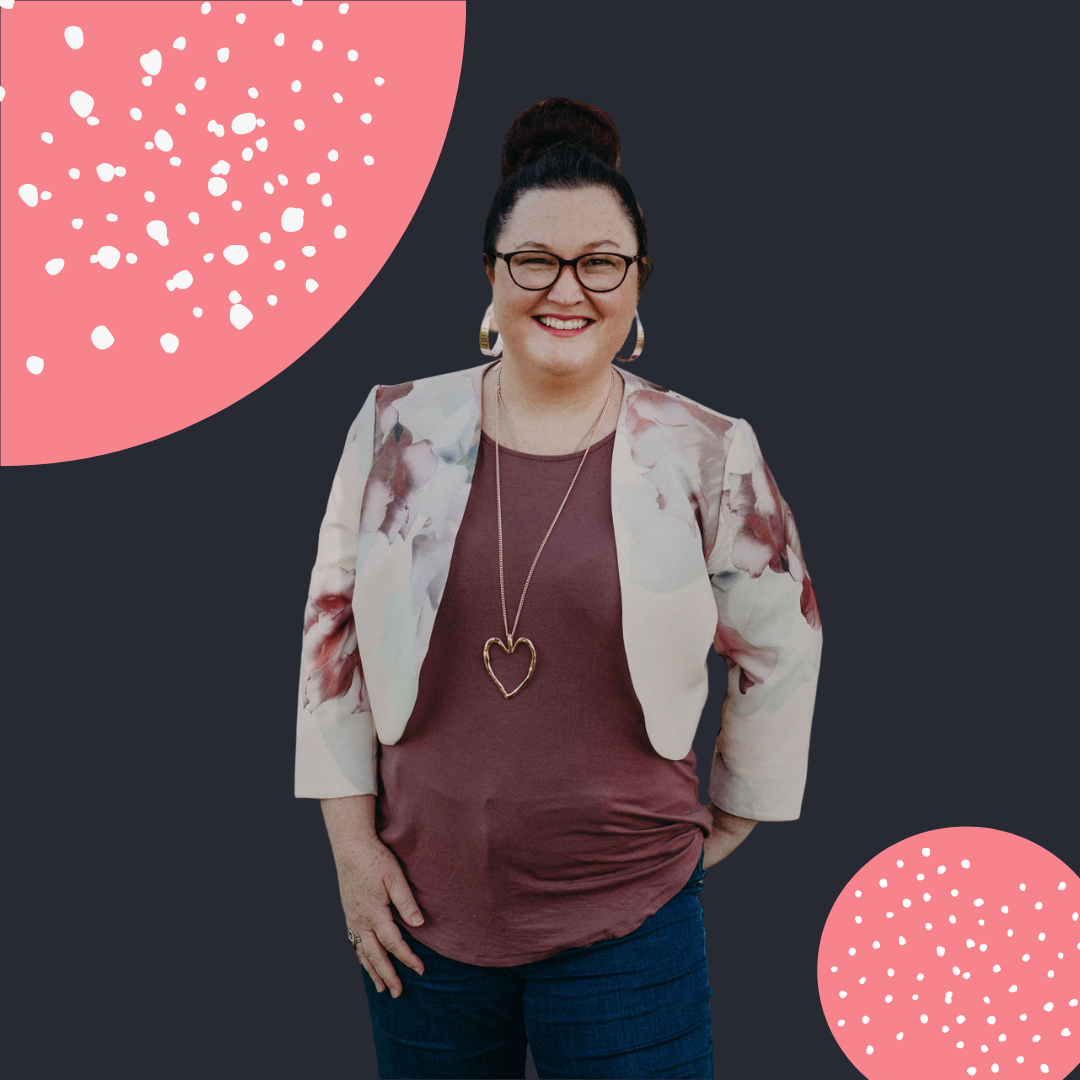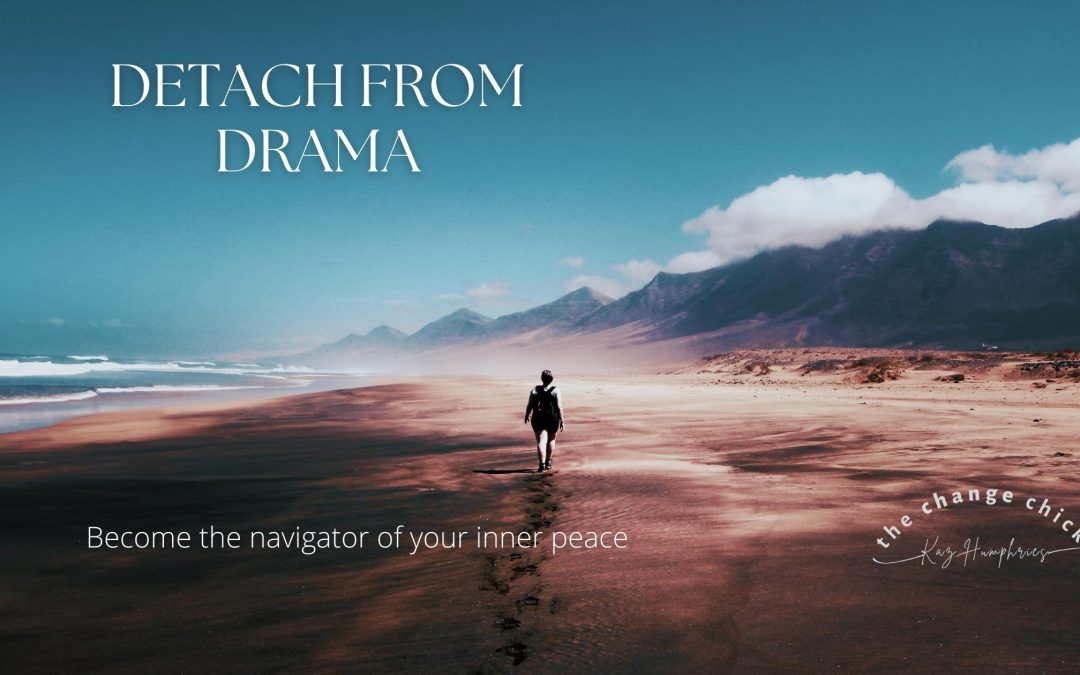
Tips To Detach From Drama
Become the navigator of your inner peace
No matter how great it is, from time to time, we all have drama in our life.
Have you been racing around this week?
Planning, shopping, and cooking meals?
Dropping and picking up kids from school and activities?
Squeezing in time to rush off the gym or feeling guitly for abandoning the poor dog! I’m such a sucker for sad puppy eyes!
Do you use the excuse that you don’t have time? I bet there’s a side dish of guilt and perhaps even shame you serve yourself with this?
Maybe you have the misperception that the solution for dealing with all that popcorn (pop-up thoughts) in your head will arrive, once the kids are ok?
Perhaps you find yourself mentally blocked due to all that crazy shit running around in your head?
I can almost hear your head nodding in agreement! Guess what we all experience this from time to time.
Do you experience those moments of overwhelm – especially when you are relaxing? Does that anxiety spin your head because there simply is no logical reason for you to feel anxious – your life is amazing right?
Right????
Don’t kid yourself.
We ALL have stuff!!!
Here’s the thing.
We when live our life at full speed, there is no capacity for our body to rest, let alone process anything that we have experienced.
It’s at this point I hear the “yeah but” excuses like:
- I’m too busy
- There’s no time
- I have to stay up late
- I like having me time
- Just have to get it all done before I go to bed, go to the gym, go to work
- I am exhausted
- But I count my calories
- I only drink on weekends
- I’m down to three red bulls a day
- I’m overwhelmed
- I’m panic over everything
- I’m afraid of …

Underlying all those excuses is simply FEAR
Fear comes in many forms but often relates to two different time zones – the past or the future.
Fears from the past look and feel like:
- judgement
- letting go
- perfectionism
- not good enough
Fears of the future look and feel like:
- uncertainty
- unknown
- expectation
- need for control

1. Take A Breath
We all breathe, but do we do it well?
When you are relaxed your body breathes without giving it conscious thought.
But what happens to your breath when you’ve activated your survival reaction? What happens to your body when your flight-fight-freeze stress response is activated?
What I see every day in the clinic are clients who have become anxious, meerkat look-alikes!

People often need conscious reminding to just breathe when they are experiencing a trigger response. This is because on a subliminal level, your brain’s response believes your survival for life has been challenged in some way.
It’s vital to remind yourself that you are likely to experience some resistance to change when trying to gather your thoughts, or even a rational response. This is common.
So next time drama smacks you upside the back of your head, try taking a slow deep and purposeful breath to calm yourself. In relation, the slow deep breathing brings you back into the present moment – this is the only time zone where you can make change.
2. Dial Down The Survival Switch
We all have built-in neurological survival switches that keep us safe from perceived threats. When the switch is activated, there’s a biochemical response, and the body is flooded with stress hormones, which prime the body to fight, flee or freeze.
The trouble is, when we’ve done our survival reaction for a long time, we create subliminal habits and become reactive to all sorts of things. In turn this can formulate habits which drive anxiety and panic.

Try rubbing your switching points the next time you feel overwhelmed or panicked. Want the points, download the freebi guide below.
There’s no quick way to turn off these subliminal stress reactions, but you can wind down the dial of the intensity. Over time, becoming consciously aware of when you’re triggered, and taking small actions, enables you to change the neuroplasticity of your reactive programs.
Conclusion
Change is always possible, especially with a little consistent effort. The trick I find to detaching from drama, is to know which little action that I need to implement.
Want more?
Download the free ebook – Detach From Drama.
This eBook is a A 36 page resource to navigate the path to your inner peace.

By submitting this form, I consent to receive a regular newsletter which includes invitational offers and related promotional communications from Karen Humphries T/A Blooming From Within. You can withdraw consent at any time.
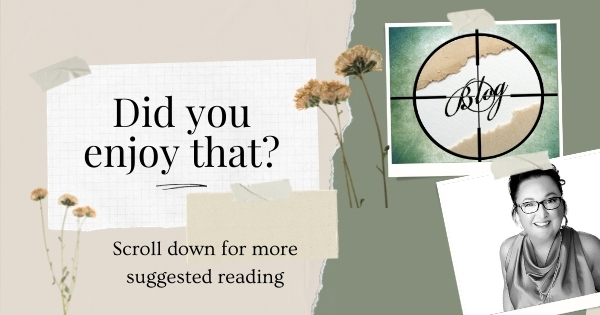
Want to read more like this?
This is My Roar – signed copies of my first published book can be purchased from this website.
Self Reflection – A little Look Within – click here
8 Hot Tips How To Journal – click here
Can You Risk Not Stepping Up To Mother yourself? – Click here
How To Stop Making Excuses & Start Living Your Best Life – Click here
Time to make a change?
Bookings – book today for an individual appointment
What is Kinesiology?
Join the private membership group Above & Beyond.
Learn more about other services offered click here
About Karen
Change Facilitator
Karen Humphries is a Kinesiology Practitioner, Health & Business Coach, LEAP & NES Practitioner, Intuitive Meditation Facilitator, and published author. She is a self-confessed laughaholic. She loves being of service to the world with her humorous and positive approach to life, encouraging people to ‘choose to change and bloom from within.’
